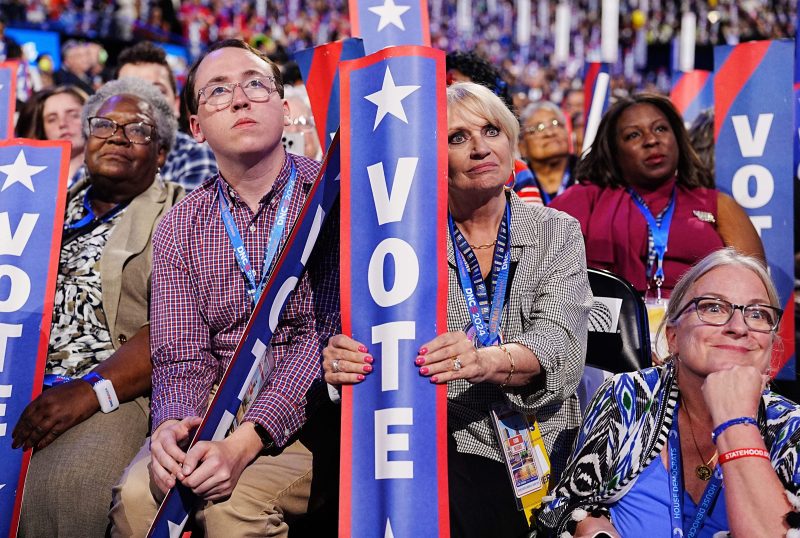The recent Democratic announcements regarding prioritizing voting rights legislation in the event of a victory for Vice President Kamala Harris in the 2024 presidential election have sparked considerable interest and discussion among political analysts and citizens alike. Advocates for voting rights protection have long been pushing for comprehensive reforms to safeguard the integrity of the electoral process and ensure that all eligible citizens have equal access to voting.
The proposed bills, if enacted, seek to address various issues that have arisen in recent elections and are aimed at strengthening the foundations of democracy in the United States. One key component of the legislation is the expansion of early voting opportunities, making it easier for working individuals and those with hectic schedules to cast their ballots. By providing greater flexibility in voting times, more people can exercise their right to participate in the democratic process without facing unnecessary hurdles.
Moreover, the bills put forth by Democrats include provisions to enhance election security measures. In light of growing concerns regarding foreign interference and cyber threats targeting the electoral infrastructure, these measures are particularly crucial to fortifying the integrity of the voting system. By implementing state-of-the-art security protocols and investing in advanced technologies, the government aims to protect the sanctity of votes cast by American citizens.
Another significant feature of the proposed legislation is the expansion of automatic voter registration. By streamlining the registration process and eliminating unnecessary barriers to entry, more eligible individuals can be included in the voter rolls. This inclusive approach not only promotes greater participation in elections but also enhances the representativeness of the electorate, ensuring that diverse voices are heard and accounted for in the decision-making process.
Furthermore, the bills seek to combat voter suppression tactics that have disproportionately affected marginalized communities, such as communities of color and low-income populations. By prohibiting discriminatory practices and advocating for fair and equitable voting procedures, the legislation aims to level the playing field and uphold the fundamental principle of equal access to the ballot box for all citizens.
In conclusion, the focus on voting rights legislation by the Democratic Party in anticipation of a potential victory for Vice President Kamala Harris reflects a commitment to strengthening democracy and safeguarding the electoral process. By addressing key issues such as expanding early voting opportunities, enhancing election security measures, promoting automatic voter registration, and combating voter suppression tactics, the proposed bills hold the promise of ushering in a new era of transparency, fairness, and inclusion in American elections. If successfully enacted, these reforms have the potential to revitalize civic engagement, restore public trust in the electoral system, and uphold the principles of democracy for future generations to come.

